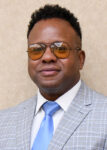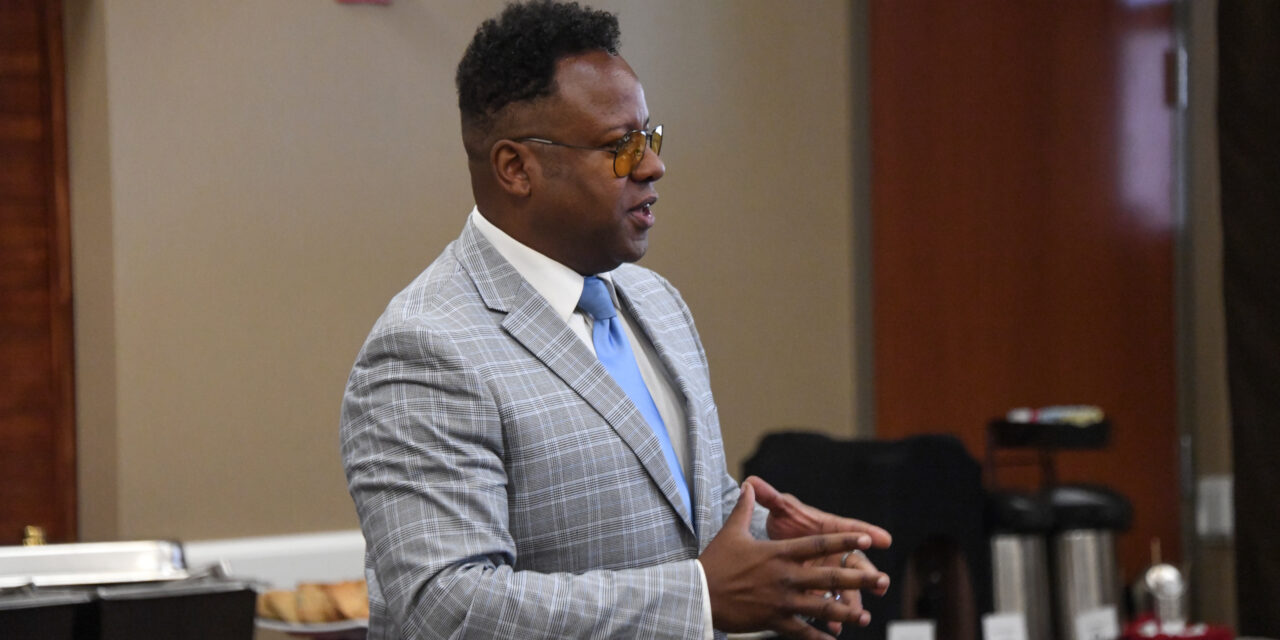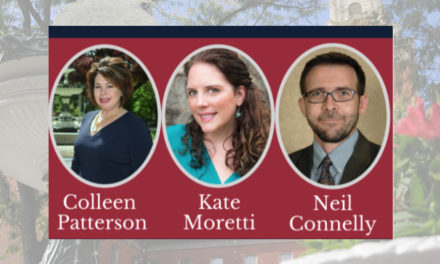Dr. Colin Campbell is a teaching fellow from the Frederick Douglass Teaching Fellowship, affiliated with the Pennsylvania State System of Higher Education. He has been assigned to teach at Shippensburg University for 1 year. According to Dr. Campbell, he will be teaching the class “Introduction to Communication Studies,” which involves speech theory and public speaking practice for the students.
“There are a lot of dynamics in play with communications that we don’t often think about,” said Campbell.
According to Campbell, his main research interest is the evolution of Artificial Intelligence and making an argument for Artificial Narrow Intelligence (ANI). Campbell’s Doctorate is in how AI has been applied to communications and publishing, and how AI has become a large part of the future generation.
Narrow Intelligence (ANI). Campbell’s Doctorate is in how AI has been applied to communications and publishing, and how AI has become a large part of the future generation.
“Artificial narrow intelligence (ANI) is a type of intelligence that performs a specific task. This is the type of technology that is being used in digital news gathering. This is different from Artificial General Intelligence (AGI) that we think about that performs various tasks for us like a human mind,” said Dr. Campbell, “We tend to envision this because of what we witness in TV and movies. And of course, this is different from Artificial Super Intelligence (ASI) which is technological progression beyond the human mind engineered through the complex network of computers and algorithms evolving knowledge past human boundaries. ANI is like the first level of AI in its application and complexity.”
Dr. Campbell found out about the Frederick Douglass Teaching Fellow position at Shippensburg University from a social media group list and applied.
“I’ve had former colleagues that graduated from here and were products of the fellowship program,” said Dr. Campbell. According to the Frederick Douglass Fellowship website, “The State System offers teaching fellowships to graduate students who are pursuing careers as university faculty and who are entering the final year of terminal degree and/or doctoral programs.”
According to Dr. Campbell, he is most looking forward to “forging a connection with students, working in classes where some students have the fear of public speaking.” 
“It is rewarding to watch my students grow and thrive, they put in the work and you can see their progress at the end of the year,” Dr. Campbell said.
He has enjoyed the first few weeks of his fellowship, and is impressed by the motivation and general interest of the students in his classes.





